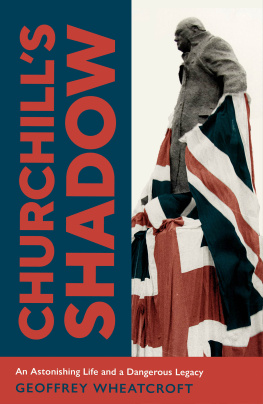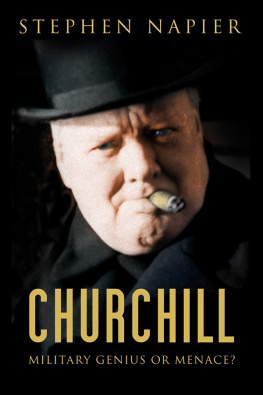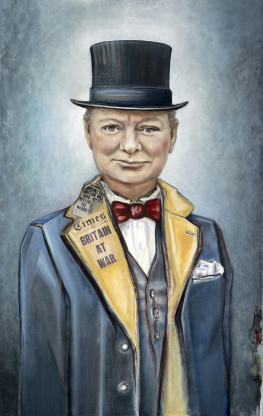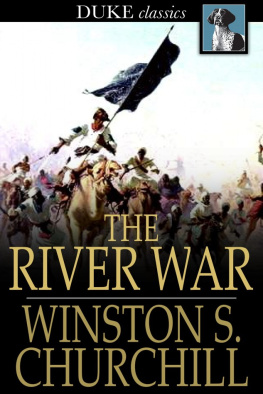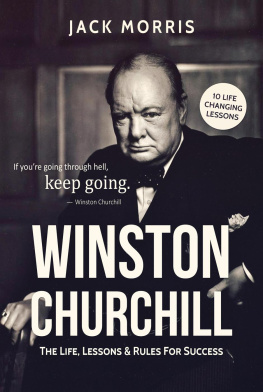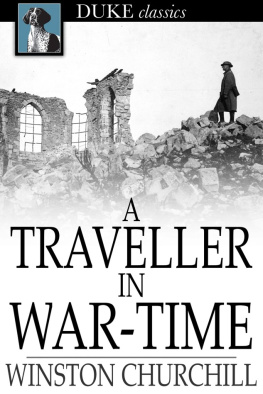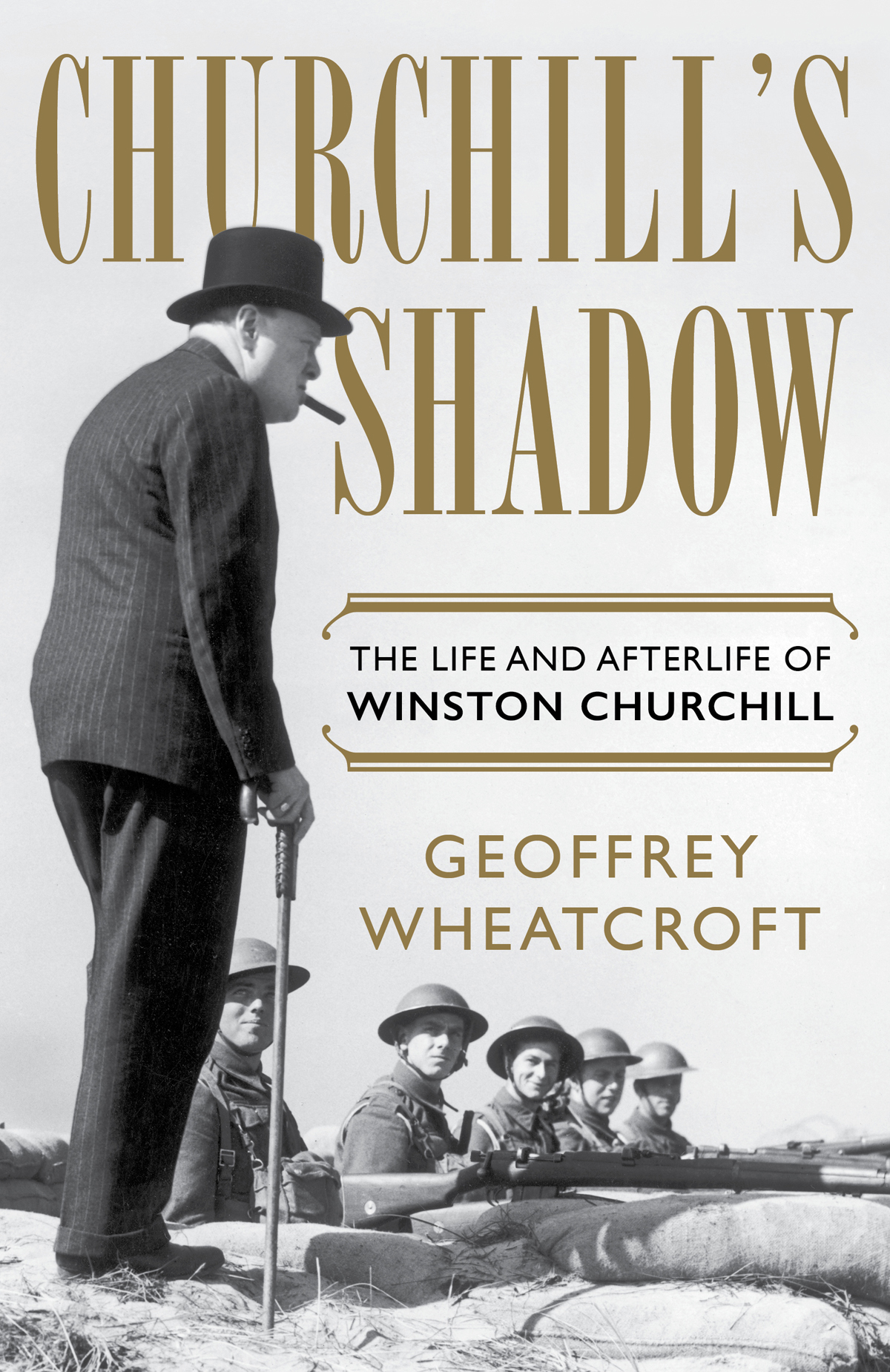Geoffrey Wheatcroft - Churchills Shadow: The Life and Afterlife of Winston Churchill
Here you can read online Geoffrey Wheatcroft - Churchills Shadow: The Life and Afterlife of Winston Churchill full text of the book (entire story) in english for free. Download pdf and epub, get meaning, cover and reviews about this ebook. year: 2021, publisher: W. W. Norton & Company, genre: Non-fiction. Description of the work, (preface) as well as reviews are available. Best literature library LitArk.com created for fans of good reading and offers a wide selection of genres:
Romance novel
Science fiction
Adventure
Detective
Science
History
Home and family
Prose
Art
Politics
Computer
Non-fiction
Religion
Business
Children
Humor
Choose a favorite category and find really read worthwhile books. Enjoy immersion in the world of imagination, feel the emotions of the characters or learn something new for yourself, make an fascinating discovery.

- Book:Churchills Shadow: The Life and Afterlife of Winston Churchill
- Author:
- Publisher:W. W. Norton & Company
- Genre:
- Year:2021
- Rating:4 / 5
- Favourites:Add to favourites
- Your mark:
Churchills Shadow: The Life and Afterlife of Winston Churchill: summary, description and annotation
We offer to read an annotation, description, summary or preface (depends on what the author of the book "Churchills Shadow: The Life and Afterlife of Winston Churchill" wrote himself). If you haven't found the necessary information about the book — write in the comments, we will try to find it.
A New York Times Notable Book of the Year
A major reassessment of Winston Churchill that examines his lasting influence in politics and culture.
Churchill is generally considered one of the greatest leaders of the twentieth century, if not the greatest of all, revered for his opposition to appeasement, his defiance in the face of German bombing of England, his political prowess, his deft aphorisms, and his memorable speeches. He became the savior of his country, as prime minister during the most perilous period in British history, World War II, and is now perhaps even more beloved in America than in England.
And yet Churchill was also very often in the wrong: he brazenly contradicted his own previous political stances, was a disastrous military strategist, and inspired dislike and distrust through much of his life. Before 1939 he doubted the efficacy of tank and submarine warfare, opposed the bombing of cities only to reverse his position, shamelessly exploited the researchers and ghostwriters who wrote much of the journalism and the books published so lucratively under his name, and had an inordinate fondness for alcohol that once found him drinking whisky before breakfast. When he was appointed to the cabinet for the first time in 1908, a perceptive journalist called him the most interesting problem of personal speculation in English politics. More than a hundred years later, he remains a source of adulation, as well as misunderstanding.
This revelatory new book takes on Churchill in his entirety, separating the man from the myth that he so carefully cultivated, and scrutinizing his legacy on both sides of the Atlantic. In effervescent prose, shot through with sly wit, Geoffrey Wheatcroft illuminates key moments and controversies in Churchills careerfrom the tragedy of Gallipoli, to his shocking imperialist and racist attitudes, dealings with Ireland, support for Zionism, and complicated engagement with European integration.
Charting the evolution and appropriation of Churchills reputation through to the present day, Churchills Shadow colorfully renders the nuance and complexity of this giant of modern politics.
Geoffrey Wheatcroft: author's other books
Who wrote Churchills Shadow: The Life and Afterlife of Winston Churchill? Find out the surname, the name of the author of the book and a list of all author's works by series.

